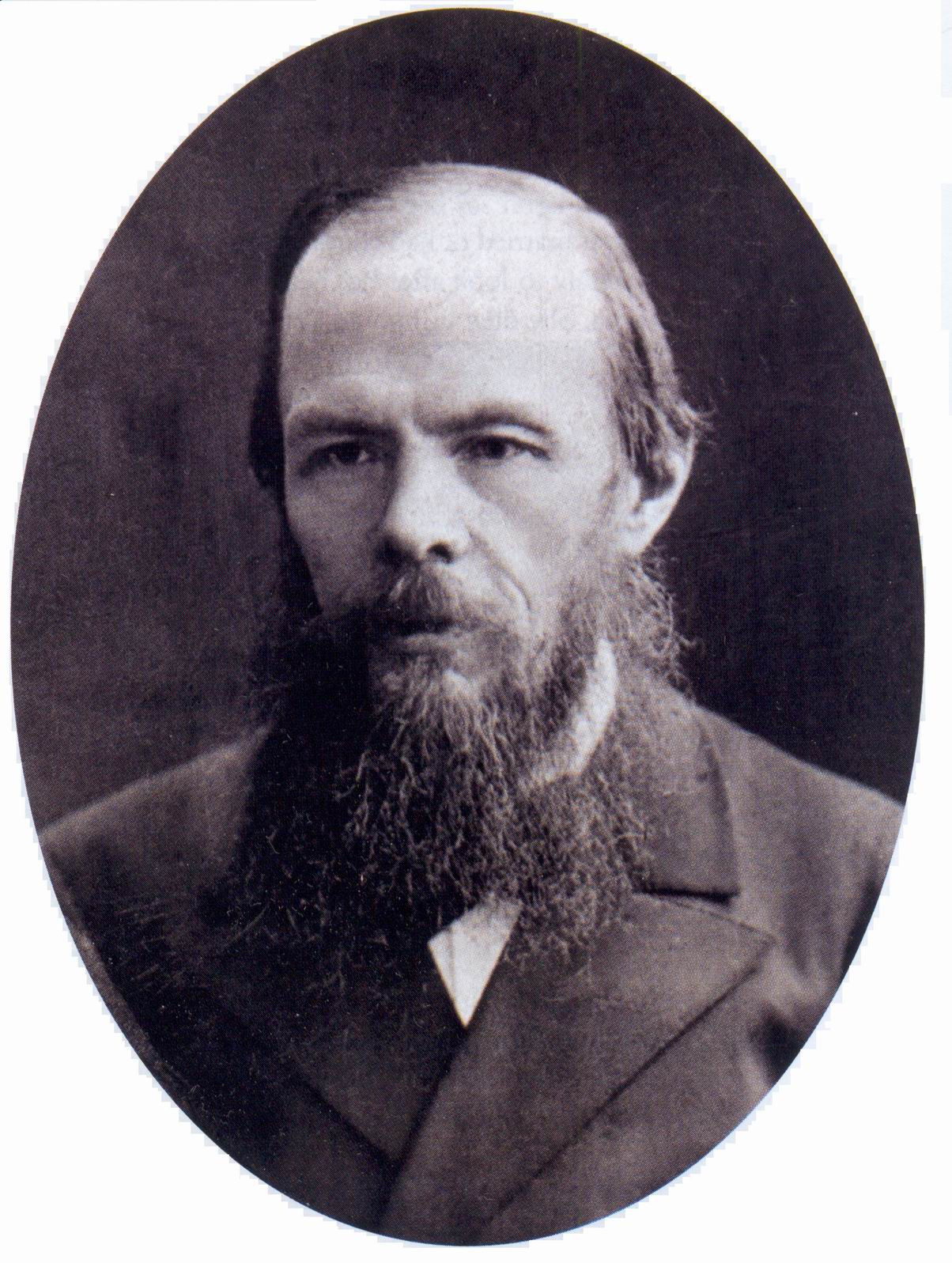 Fyodor Dostoevsky’s Бесы (translated either as The Possessed or The Devils) is my first completed book for the Russian Reading Challenge. The Possessed is, at various times, fast-paced, laugh-out-loud funny, suspenseful, very loud, heavily psychological, and a little slow. I tested it out as beach reading – it’s the season here in Maine – and found it’s best on a cold, windy day when you have a thick towel to wrap around yourself.
Fyodor Dostoevsky’s Бесы (translated either as The Possessed or The Devils) is my first completed book for the Russian Reading Challenge. The Possessed is, at various times, fast-paced, laugh-out-loud funny, suspenseful, very loud, heavily psychological, and a little slow. I tested it out as beach reading – it’s the season here in Maine – and found it’s best on a cold, windy day when you have a thick towel to wrap around yourself.
Here’s a short summary of The Possessed: a circle of would-be revolutionaries wreaks havoc in the Russian provinces. Dostoevsky being Dostoevsky, and the book being 600 pages long, things are far more complicated. There are numerous subplots concerning love, murder, atheism, and provincial society.
My feelings about the book are mixed. I loved the narrator’s slightly sardonic voice and how he filtered the distinct voices of many other characters. Both Verkhovenskiis are well-drawn, and it is interesting to watch certain characters hold power over others. The book feels very prophetic because the activists place themselves higher than laws. They also bumble in some of Dostoevsky’s more satirical passages: their disorganized meeting is hilarious, and they can be quite vain. One cell member loves to mooch food.
The Possessed, for me, had as many low points as high points. The book first appeared in serial form, which may account for certain technical inconsistencies. Introductions to characters took dozens of pages, and many of their supposed intrigues were, for me, boring, too hysterical, and lengthy. (FWIW, I was glad to learn that Nabokov didn’t like that material much, either.) By contrast, several (but not all!) deaths occur so quickly that you could almost miss – or mistake – them by blinking. I’m also not partial to religious epiphanies at novel’s end.Despite all that, I’m glad I finally got around to reading and finishing The Possessed after having been required to read only excerpts in a college course about Russian history in literature. Although I wondered back then what I was missing – but had little time to wonder much since War and Peace and Fathers and Sons, among others, was also on the syllabus – I now understand my professors’ wisdom. The most famous Possessed passages about people, God, morals, and ideology can be read and understood apart from the hundreds of pages about society parties and love.
Still, most everything in The Possessed does link together – the revolutionaries think they can effect change by destabilizing high society – and it’s interesting to watch Dostoevsky juggle a huge cast of people, ideas, and literary techniques. Even if the result is a bit messy or murky, there should be something of interest to most readers. Cross-posted at Russian Reading Challenge.



I enjoyed this book more afterward, reflecting on it, than I enjoyed reading it. It's a book that has really lingered with me.
ReplyDeleteThanks for the comment, pacifist viking. I agree. "Doctor Zhivago" has the same effect on me.
ReplyDeleteBesy is a very interesting novel - but one that you need to know at least a basic background about the various theories that Dostoevsky is writing about in order to understand what is going on and what Dostoevsky is trying to say.
ReplyDeleteWhat I felt very strongly on re-reading this novel is that because each character is the "mouthpiece" of a particular theory or type, it's hard to see them as anything more than that, as anything more than the embodiment of a clash of ideologies.
I also wonder whether I missed anything by not knowing anything about the Christian references in the book - the title refers to the little demons that possessed pigs (I think!) and drove them to kill themselves.
The most haunting part of the book for me was Stavrogin's "Confession" which I think is not included in the main body of the novel and was added as an appendix. It's horribly shocking but does complete his portrayal as a psychopathic personality.
Yael,
ReplyDeleteThank you for another excellent comment. You're very right about the book's characters representing views and even, to some extent, real people... I think their functions as "mouthpieces" is one of the reasons I found the book hard to read.
I also identify with your difficulty recognizing Christian references. I very often have the same problem. You are correct, though, about the pigs: the epigraph from Luke 3:32-37 mentions pigs and devils. They even enter the novel in part II of the final chapter.
Stavrogin's confession, interestingly enough, isn't even included in my Russian edition of the book. My old Signet translation includes it, in its intended place, noting that the publisher didn't include it in the book during Dostoevsky's because it was considered "too shocking." I agree that it is one of the most interesting parts of the book! Mikhail Bakhtin's "Problems of Dostoevsky's Poetics" has some interesting analysis of the confession chapter. That book is in my Google library:
Google Library
Lisa